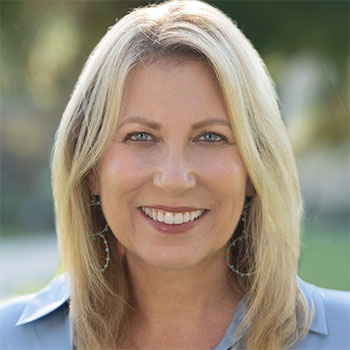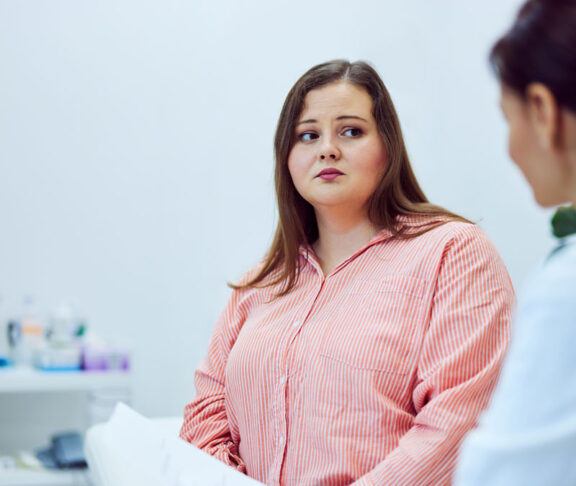
Paula Schneider
Honorary Vice Chair, Susan G. Komen
More young women face aggressive breast cancer, but delayed diagnoses and inequities put lives at risk. Early action is critical.
Breast cancer is rising among young women (below 50) — and far too many are being diagnosed at later stages when outcomes are worse. Also, breast cancers in younger women are often more aggressive, leading to worse survival. For women ages 20 to 49, breast cancer is the leading cause of cancer death.
From 2012 to 2021, incidence rates in the US among women under 50 rose by 1.4% annually. In 2024 alone, over 13,000 women under 40 were diagnosed with invasive breast cancer. This spike is particularly alarming given that screening guidelines recommend starting mammography at age 40, unless they have an increased risk of breast cancer. This often leaves younger women overlooked if they have a concern. Many face delays in diagnosis because their concerns are dismissed due to young age.
Addressing breast cancer care disparities
This crisis is even more severe for women of colour. Black women are about 40% more likely to die from breast cancer than white women. Hispanic and Latina women are more likely to be diagnosed at later stages. Lack of insurance, transportation, childcare and housing further block access to timely care.
Addressing these disparities starts with education and risk awareness — particularly for women with a family history or genetic mutations of breast or ovarian cancer or an inherited gene mutation such as BRCA 1/2. Tools like the Breast Cancer Risk Assessment Tool (the Gail model) or the International Breast Cancer Intervention Study (IBIS) risk calculator, as well as genetic counselling and testing, can help develop personalised screening plans, including earlier or more frequent mammograms or MRIs.
Yet, risk assessment alone isn’t enough. Patient navigators, especially those trained to be culturally responsive, help women navigate the complex healthcare system, access support and stay engaged in care.
Emerging technologies like precision
medicine and AI offer hope, but must
be paired with equitable access.
Equity in breast cancer innovation
Emerging technologies like precision medicine and AI offer hope, but must be paired with equitable access. They should serve everyone, not just those with good insurance or proximity to major hospitals and academic centres.
Susan G. Komen urges women to know their family health history, talk to their doctor about risk and advocate for themselves — including seeking a second opinion if needed. Early detection, education, advocacy and equity are non-negotiable if we hope to reduce mortality and save lives. Breast cancer doesn’t wait for the right age — and neither should we.


